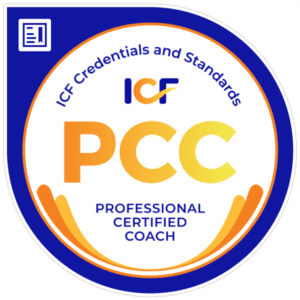In today’s fast-paced world, it’s easy to get caught up in a never-ending cycle of busyness and find ourselves constantly juggling numerous tasks and responsibilities. However, it’s crucial to recognize the importance of prioritization—allocating our limited time and energy to the things that truly matter. By identifying and focusing on the important aspects of our lives, we can achieve greater productivity, reduce stress, and ultimately lead more fulfilling lives.
When working with clients on time management, I ask them to do a simple math equation. First, assume we have 100 time and energy credits to use daily. We can spend those 100 credits on 20 things, not making measurable progress on any of them. Or we can spend those same 100 energy credits on two things, making significant progress. Which makes the most sense?
- Assessing Priorities: The first step towards effective prioritization is to evaluate our priorities. We need to pause and reflect on what truly matters to us. This requires introspection and clarity about our goals, values, and aspirations. By understanding our priorities, we can make informed decisions about how to allocate our time and energy.
- The 80/20 Rule: The Pareto Principle, commonly known as the 80/20 rule, suggests that 80% of our results come from 20% of our efforts. Applying this principle to our lives means identifying the 20% of tasks or activities that yield the most significant outcomes. By focusing on these crucial few tasks, we can maximize our efficiency and make the most of our limited resources.
- Importance vs. Urgency: Often, we confuse urgency with importance, leading to a constant state of reactive firefighting. Distinguishing between these two concepts is essential. Urgent tasks demand immediate attention but may contribute little to our long-term goals. Important tasks, on the other hand, align with our priorities and have a lasting impact. By consciously prioritizing important tasks over merely urgent ones, we can make progress toward our desired outcomes.
- Time Blocking and Scheduling: Implementing time blocking and scheduling techniques can be immensely helpful in prioritizing our time effectively. By assigning specific time slots to essential tasks and avoiding distractions, we create dedicated periods for focused work. This method increases productivity, reduces procrastination, and ensures consistent progress toward our goals.
- Learning to Say No: Saying no is a powerful skill in prioritization. We often find ourselves overwhelmed because we take on more than we can handle. Learning to decline non-essential commitments allows us to preserve our energy and invest it in what truly matters. Saying no doesn’t mean being selfish; it means making intentional choices that align with our priorities.
Prioritization is a vital skill that empowers us to spend our time and energy on what truly matters. We can lead more focused and fulfilling lives by assessing priorities, applying the 80/20 rule, distinguishing between importance and urgency, implementing time blocking, and learning to say no.
Using a simple math equation, how will you use your 100 time and energy credits today?
Cindy Jobs, PCAC, PCC
Looking for more information?
Click here for ADHD-friendly Time Management Tools
Click here to schedule a complimentary breakthrough session.
For more helpful information, follow me on Facebook.







